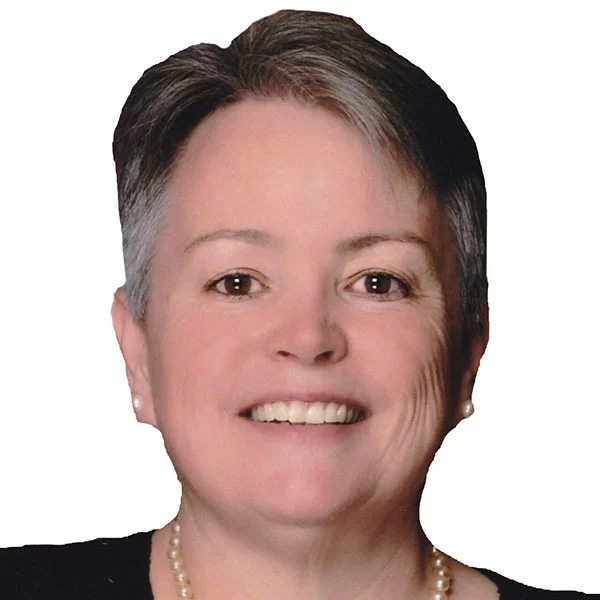Programs
Courses Taught
SNHP 530 Quantitative Research and BiostatisticsNURS 117 Foundations for Profes Nursing Practice
NURS 300 RN-BSN Transition
NURS 320 Policy and Politics in Nursing
NURS 325 Contemporary Issues In Nursing and Health Care
NURS 361 Medical-Surgical Nursing II
NURS 410 Leadership & Management of Hlth Care
NURS 490 RNBSN Capstone
NURS 605 Administrative Theory in Nursing I
NURS 625 Administrative Theory in Nursing II
Education
- BSN, Nursing, Oral Roberts University
- MSN, Nursing, University of Phoenix
- Ph.D., Health Sciences, Touro University International (now Trident)
Interests
- Nursing Theory Development
- Outcomes Research
- Nursing Legacy
Awards
- Anthony Battaglia/Pocket Nurse® Conference Scholarship Award, 2019
- Educator of the Year, American Association of Critical-Care Nurses, Las Vegas Chapter, 2007
Select Works Published
- Collaborative Care Best Practices Model (CCBPM) Development for Nursing and Occupational Therapy Assistant Interprofessional Simulation
O'Reilly, Carrie M.; Simmons, Lisa P.; and Romanello, Mary L., he Open Journal of Occupational Therapy: Vol. 7: Iss. 1, Article 11., 2019 - Presentation: New Faculty Intensive: The Basics, National League for Nursing 2 Day Workshop, 2015 NLN Offices, Washington, DC
OReilly, C. M, , 2015 - Webinar: Ethical Concerns for Nursing Faculty in Nursing Education
OReilly, C. M, National League for Nursing, 2015 - The essence of teaching nursing
OReilly, C. M, Nevada Nurse, 38, 13, 2013
Philosophy
My personal philosophy of teaching is rooted in the foundations of the theory that underpinned my own nursing education, Nursing for the Whole Person Theory. Within this theory nursing is defined as a goal-directed service to assist the individual, the family, and/or the community to promote, maintain, and restore health. The individual is defined as a spiritual being who functions in an integrated biopsychosocial manner to achieve his quest for wholeness. The basic principle of health professional development is contained in a very simple conceptual proposition, that as the health professional continues the quest for personal wholeness, she or he contributes to the wholeness of others. The primary goal of health professional education, and therefore health professions leaders, should then be to help the developing health professional move along their journey toward personal wholeness of mind, of body, and of spirit. I believe that every individual who chooses a health profession as a life path is on a journey of self-discovery, self-enlightenment, self-empowerment, and selfless devotion to the wellness of others. I view my role as a guidance tool to share significant experience, provide encouragement, direct energies, sift information, prod memory, validate self-belief, and promote respect for inter- and intrapersonal accomplishments. Evaluations of this role comes in many guises but primarily as health professions students successfully move from the role of student to novice practitioner or experienced practitioner to health profession leader.

